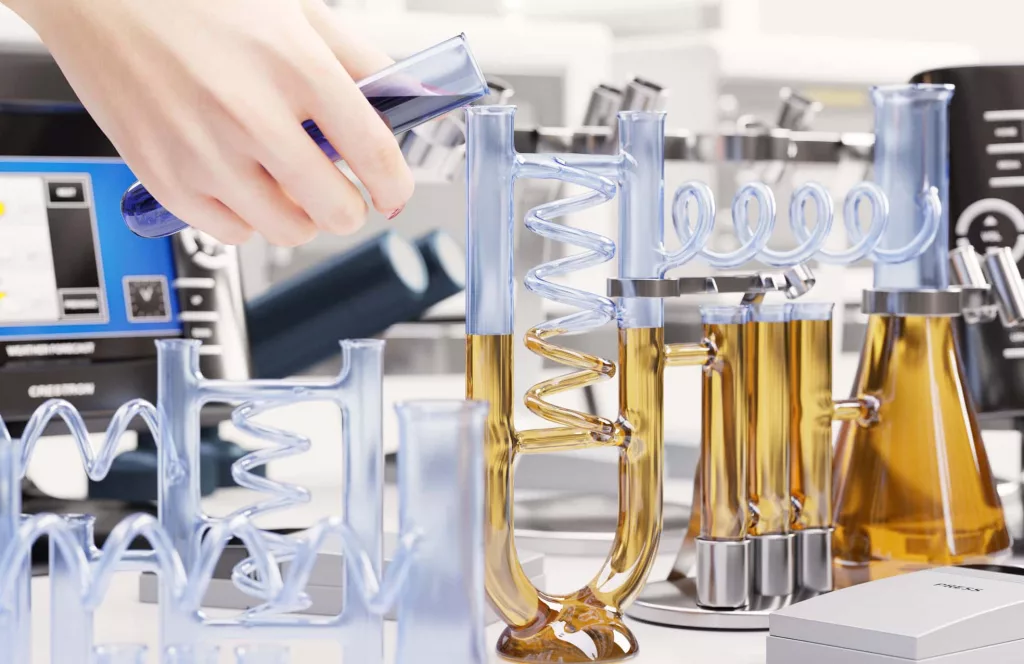Whenever you head to a clinical lab to get your blood tested, have you ever considered the economic impact of such institutions in the region? According to a new economic impact study from the American Clinical Laboratory Association, the impact in the 6th Congressional District alone is approaching $32-million per year.
The study shows there are 222 clinical labs in West Michigan with an overall economic impact of $505-million, supporting more than 2,100 jobs across the region. Nearly 300 of those jobs are in the 6th Congressional District of Congressman Fred Upton, employed at 66 clinical laboratories. Those jobs are also directly responsible for another more than 700 related jobs. When you add in what is commonly referred to as the supplier and induced effects in his district, the economic impact soars to more than $164.3-million.
The clinical labs in and around the 6th District pay more than $18.05-million in employee wages alone — an average of $62,900, or about 67-percent higher than the state’s media wage.
The American Clinical Laboratory Association (ACLA) released new economic data this month highlighting the contributions of clinical laboratories to the economy and the job market all across the United States.
The findings provide a snapshot of the benefits clinical labs provide to the national economy as well as states and local communities. Clinical laboratories support more than 688,000 jobs in the American workforce, bringing $44.75 billion in wages to American workers. The industry pays more than $9.81 billion in federal taxes. The impact for the entire state of Michigan is north of $803.7-million.
The report, sponsored by ACLA and conducted by John Dunham & Associates, used public data and ACLA member data to draw its conclusions, examining records from more than 53,600 laboratories nationwide.
Julie Khani is President of the association. She says, “Providers and patients know that in addition to delivering valuable health information, labs also drive significant savings for the health system—helping identify and diagnose diseases in earlier stages before costly interventions are necessary,” and adds, “This new report examines the value of clinical laboratories through a different lens—focusing on the industry’s important economic contributions to communities all across the country.”
Khani says that at a time when the very existence of some local laboratories is being threatened by the government’s “flawed implementation of the Protecting Access to Medicare Act (PAMA),” this new analysis reinforces the important human and economic costs at stake if senseless cuts to Medicare reimbursement for lab services continue.
She concludes, “Now more than ever, we must fight to protect seniors’ access to their essential lab benefits which continue to be threatened under the flawed implementation of PAMA.”
To explore the findings of this year’s economic report for the 6th Congressional District, click the link below:






